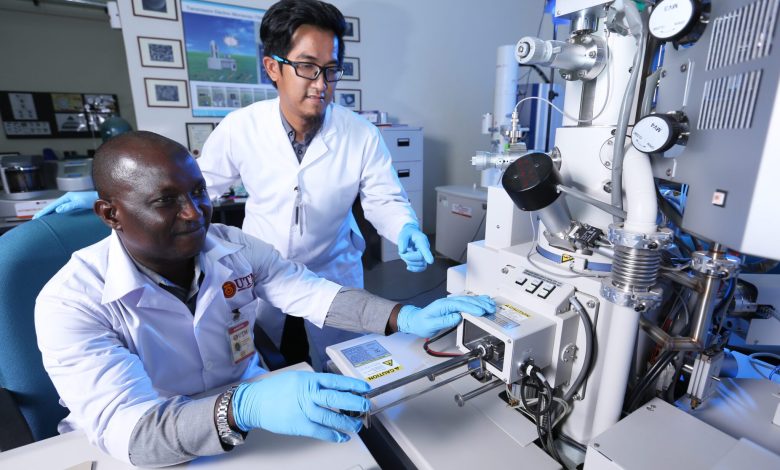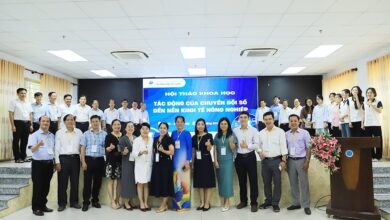UTM: Leading the Green Skills Transition for a Sustainable Economy

In today’s world, the urgency of environmental sustainability is shaping business and policy decisions, directly impacting our lives. Rapid urbanization and the pressing challenges of climate change demand immediate changes in our daily routines, from how we live and commute to how we interact with nature and this extends to our energy practices as well.
As global commitments outlined in the Paris Agreement drive efforts to limit temperature increases to 2°C or, ideally, 1.5°C, we face a transition to a greener economy. While this transition may disrupt labour markets, it also promises substantial job opportunities in the coming decade.
The Imperative for Sustainable Energy
The urgent shift to sustainable energy sources is compelled by international agreements such as the Paris Agreement, economic diversification goals, and energy security imperatives. Simultaneously, businesses confront a shifting market landscape where carbon-related costs could reshape economic dynamics and competitiveness.
The energy transition also holds the potential to catalyze economic growth by capitalizing on global market opportunities. It offers a chance for global communities to revitalize their economies while prioritizing sustainability, contributing to GDP growth, job creation, and meeting consumer and business demands.
Within the industrial sector, adopting sustainable energy sources can enhance manufacturing efficiency and productivity, leading to increased profits over time. This shift reduces manufacturing waste, waste heat generation, and power consumption, fostering high-precision engineering with enhanced accuracy and repeatability.
Shifting toward low carbon-emission, clean energy sources is crucial to reducing carbon emissions in national power systems. Striking a balance between sustainability, security, and affordability while addressing the energy trilemma is essential for a more robust and eco-friendly power ecosystem. Numerous initiatives can advance the adoption of low-emission renewable and clean energy sources, including large-scale solar projects, hydrogen utilization, and bioenergy generation.
Find out more : UTM




